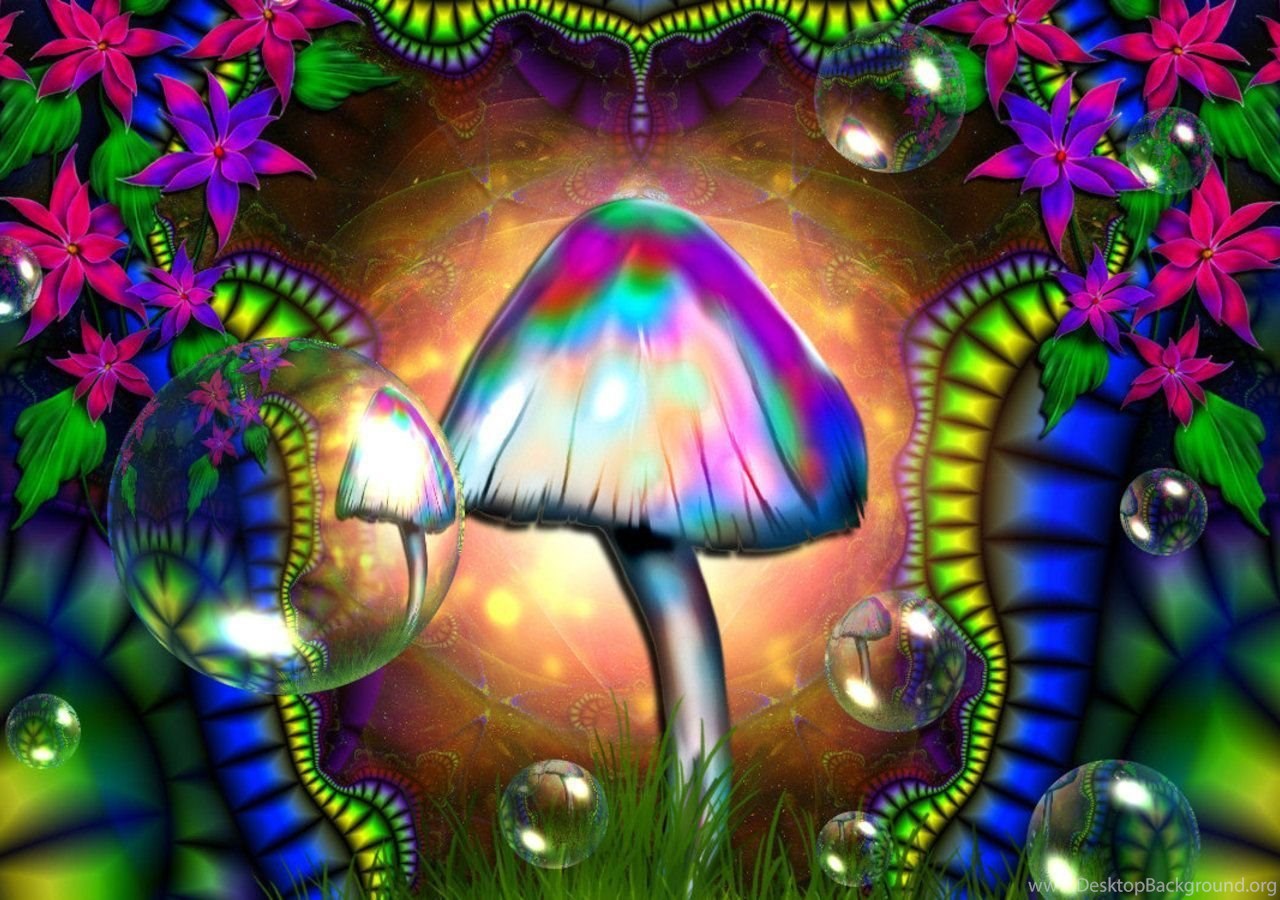News
The Neurochemistry of Enlightenment: Unraveling the Mysteries of Psychedelic Science
The intersection of science and psychedelics presents a captivating frontier. Our journey delves into the neurochemistry of enlightenment, where psychedelic science becomes the key to unraveling the mysteries of altered states of consciousness. From the intricacies of brain chemistry to the profound experiences of enlightenment, this exploration promises a deeper understanding of the profound impact psychedelics can have on the human mind.
The Psychedelic Brain: A Symphony of Neurotransmitters

Neurochemical odyssey, the realm of psychedelic science unveils the intricate symphony within the psychedelic brain. This symphony, composed of neurotransmitters like serotonin, dopamine, and glutamate, orchestrates the profound experiences that define the psychedelic journey. Serotonin, known for its role in mood regulation, becomes a central player as psychedelics interact with its receptors, altering the usual patterns of perception and consciousness. Meanwhile, dopamine, associated with reward and pleasure, contributes to the euphoria and heightened sensations experienced during psychedelic states. Glutamate, a key excitatory neurotransmitter, facilitates increased neural communication, fostering the connectivity that underlies the expanded awareness observed under the influence of psychedelics. The dance of these neurotransmitters becomes the foundation for the symphony of consciousness-altering effects, shedding light on the neurological mechanisms that render the psychedelic experience both unique and transformative. As we unravel this neurochemical tapestry, we gain a deeper understanding of how psychedelics induce their profound effects, paving the way for advancements in psychedelic science and the exploration of altered states of consciousness.
Serotonin Receptors: Gateways to Altered Realities
Captivating exploration into the realm of psychedelic science by delving into the intricate dance between serotonin receptors and psychedelics. Serotonin receptors, often regarded as the gatekeepers of perception and mood regulation, play a central role in mediating the effects of psychedelics like psilocybin and LSD. These substances act as molecular keys, unlocking the doors of serotonin receptors and initiating a cascade of neural events that lead to altered realities and heightened states of awareness. The interaction between psychedelics and serotonin receptors is a profound and transformative process, altering the typical functioning of the brain’s serotonin system. This disruption results in a temporary modification of neural pathways, leading to an expansion of consciousness and a shift in perception. Understanding this intricate dance provides valuable insights into the transformative nature of psychedelic experiences, shedding light on the neurobiological basis of the profound alterations in consciousness induced by these substances. The exploration of serotonin receptors as gateways to altered realities unveils a fascinating chapter in the evolving narrative of psychedelic science, offering glimpses into the potential therapeutic applications and the broader understanding of human consciousness.
Neural Connectivity: Psychedelics and the Expanded Mind

Exploration of neural connectivity under the influence of psychedelics unveils a profound dimension of the psychedelic experience. Psychedelic substances, such as psilocybin and LSD, have been shown to transiently rewire the intricate circuitry of the brain. This rewiring fosters a remarkable increase in connectivity between brain regions that often operate independently during sober states. The heightened neural communication becomes the essence of the expanded mind, facilitating a unique tapestry of thoughts and perceptions that transcend the conventional boundaries of consciousness. This increased connectivity allows for novel associations and perspectives to emerge, enabling individuals to perceive the world in ways previously inaccessible. Studies using advanced neuroimaging techniques, such as functional magnetic resonance imaging (fMRI), have provided insights into how psychedelics induce a state of hyperconnectivity, with various brain regions engaging in synchronous activity. It is within this heightened neural symphony that profound insights, creative thoughts, and a sense of interconnectedness with the universe often unfold, contributing to the transformative and mystical aspects of psychedelic journeys. The exploration of neural connectivity under psychedelics not only sheds light on the mechanics of altered states of consciousness but also invites a deeper contemplation of the fundamental nature of human cognition and perception.
Altered Ego: Psychedelics and the Dissolution of Self
Journey of psychedelic experiences, the phenomenon of ego dissolution emerges as a fascinating exploration into the depths of consciousness. At the heart of this psychedelic odyssey lies the disruption of the default mode network (DMN), a neural network associated with self-referential thoughts and the construction of one’s identity. Psychedelics, such as psilocybin and LSD, act as catalysts, temporarily quieting the DMN and breaking down the conventional barriers between self and the external world. In this altered state, individuals often report a sense of interconnectedness with the universe, a dissolution of their ego, and an immersion into a unified cosmic consciousness. This dissolution becomes a gateway to profound self-discovery and personal transformation, allowing individuals to confront and transcend their habitual thought patterns and preconceived notions of identity. As the ego temporarily fades, a more expansive understanding of the self emerges, fostering introspection, empathy, and a renewed perspective on the interconnected web of existence. The exploration of altered ego states, while often challenging, holds the potential for individuals to undergo transformative experiences that transcend the boundaries of ordinary perception, offering a unique path toward enhanced self-awareness and personal growth.
Therapeutic Horizons: Psychedelic Science in Mental Health

A revolutionary shift is occurring as scientists and clinicians explore the therapeutic potential of psychedelics, such as MDMA and psilocybin. The traditional understanding of these substances as mere tools for recreational use is giving way to a deeper appreciation of their profound healing properties. Ongoing research and clinical trials are illuminating the transformative effects of psychedelics in the treatment of conditions like depression, anxiety, and PTSD. MDMA, in particular, has shown promise in facilitating breakthroughs in psychotherapy, fostering empathy, and alleviating symptoms associated with post-traumatic stress disorder. Psilocybin, found in certain mushrooms, has demonstrated the ability to induce mystical experiences that correlate with long-term positive changes in individuals facing depressive disorders. The promise of psychedelic-assisted therapy lies in its capacity to address the root causes of mental health challenges, offering individuals a unique opportunity for self-reflection, emotional release, and cognitive restructuring. As these therapeutic horizons expand, the integration of psychedelics into mental health treatment heralds a new era of hope and optimism for those seeking transformative healing experiences.
The Psychedelic Renaissance: Current Trends and Future Prospects
Survey the landscape of the psychedelic renaissance, examining current trends and prospects in psychedelic science. From increased public interest to a shift in societal attitudes, explore how the resurgence of psychedelic research is shaping the future of mental health care, consciousness studies, and the broader field of science.
Ethical Considerations: Navigating the Landscape of Psychedelic Research
Conclude our exploration by addressing the ethical considerations surrounding psychedelic research. Delve into the challenges and responsibilities researchers face in navigating the landscape of psychedelic science, ensuring the safe and responsible exploration of these powerful substances. As psychedelics re-enter mainstream discourse, ethical considerations become paramount in fostering a balanced and informed approach to their study and application.


